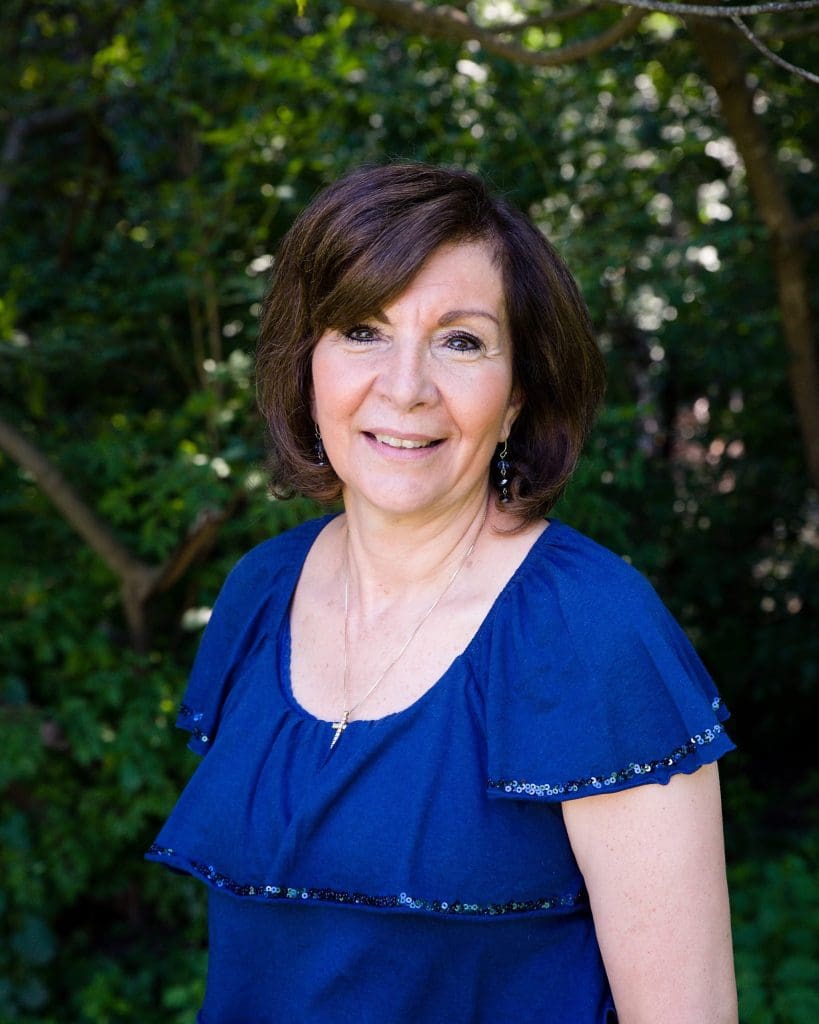The link to the daily devotional did not work yesterday morning. So in the moment I reached for what I think may very well be my favorite book.
Having now read through it multiple times, it reads like an old friend. The words bring encouragement, truth, and hope.
The book is “The Imitation of Christ” by Thomas A Kempis. It was originally written in 1418-1427, in Latin, by a monk. Over the years, it has become widely read, used as a devotional, and apart from the Bible, no book has been translated into into more languages.
My book is in old English which has grown on me. Yet, each time I open the familiar and worn pages, something reads fresh as if it was not ever read before.
I hope you will allow me to share from my reading.
One:
“He that followeth me shall not walk in darkness, saith the Lord. These are the words of Christ; and they teach us how far we must imitate His life and character, if we seek true illumination, and deliverance from all the blindness of heart.”
(from The First Book, Chapter 1, page 4)
In order for us to have the mind of Christ, our lives must conform to Christ. To His ways, and to His Word. Our own thinking is not capable to develop and grow the mind of Christ in us on its own.
This is achieved only as Holy Spirit works in the deep recesses of our hearts and minds. The problem lies within our ourselves:
“The heart is more deceitful than all else and is desperately sick; Who can understand it? (Jeremiah 17:9, NASB)
Our own hearts will lie, trick, and lead us astray. And we foolishly return to depending on our hearts so the problem happens repeatedly. We need to become stronger, wiser, more discerning and bolder so we stop the cycle of chasing empty promises.
Two:
“His teaching [the teaching of Christ] surpasseth all teach of holy men, and such as have His Spirit find therein the hidden manna.”
(from The First Book, Chapter 1, page 4)
We must read the Scriptures so that we learn how to imitate the life of Christ. It is God’s Word which will draw us to conform our lives to Him. Our hearts will begin to turn away from the things we desire, and instead will desire the things of God in our lives. We exchange our desires for His desires.
But there is more:
“He who has an ear, let him hear what the Spirit says to the churches. To him who overcomes, to him I will give some of the hidden manna, and I will give him a white stone, and a new name written on the stone which no one knows but he who receives it.” (Revelation 2:17, NASB)
John writes, “To him who overcomes…” The verb tense is present active participle which means we are continually, and daily, in the process of overcoming. Yes, it was written to the Church of Pergamum, but it is also for us today. Those of us who overcome the daily struggles and temptations will truly fine there is “hidden manna.”
Three:
“Deep words can not make a man holy and upright … If thou knewest the whole Bible, and the sayings of all the philosophers, what should all this profit thee without the love and grace of God?”
(from the same portion in The First Book, Chapter 1, page 1)
So often the words we speak and spout are just to make our opinions heard. There is much “noise” out there, with everyone clamoring to be heard.
Our gifts, talents, and words do not define our worth to God or to others. The only way they find value is when they are ignited by, and with, the love of God.
Along with our words, let’s allow God to infuse us with His love for those around us. Let’s have conversations in which we listen more and speak less. Let’s give thought to the opinions of others, even or especially when, we don’t agree. We don’t always have to be right but we are always called to love.
Our lives will imitate the life of Christ
as we dig deep for the hidden manna,
letting His Word impact us and those we encounter.
If you’ve ever experienced God’s silence and wrestled with what it means, you are not alone. In her encouraging post, “Experiencing God’s Silence” (HERE), Dr. Michelle Bengston reminds us “God’s silence does not equate to His absence. In fact, His silence is often an invitation to deeper faith and trust.”
Come, sit a spell. Bring your coffee, your posts, and your thoughts. If you link up, kindly visit those who have drawn up a seat around you.
Image by Lynn Greyling from Pixabay





This reminds me of the hymn by Thomas O. Chisholm;
Oh! to be like Thee! O to be like Thee,
blessed Redeemer, pure as Thou art!
Come in Thy sweetness, come in Thy fullness;
stamp Thine own image deep on my heart.
love that old hymn, Barbara . . .
This book has been on my TBR list, Joanne. Thank you for the encouragement today to pick it up and read it, as the insights are deep. It reminds me of Jesus Himself by Andrew Murray.
I love the way reading something that was written a long time ago really slows me down. Thanks for sharing what spoke to you!
Thanx for sharing this classic, Joanne … and that invitation to ‘dig deep for the hidden manna.’
I come hungry.
Joanne, such a timely message! I was reminded of something similar recently, as creatives we can tip the scale toward those opinions we hold to be true and upright, hoping others will believe as we do, but as you said, “Our gifts, talents, and words do not define our worth to God or to others. The only way they find value is when they are ignited by, and with, the love of God.” We must choose to create, and speak from a place of love with God, not for Him.
The power of His word to transform us beyond what we can imagine. No wonder there are so many distractions to keep us from really soaking in it. Thanks for sharing your old friend with us.
I have heard ofthe book, “The Imitation of Christ,” but never read it. Now, I’m thinking I should …
I love what you said, “We don’t always have to be right but we are always called to love.” Amen! No matter what, we are called to love.
Truth